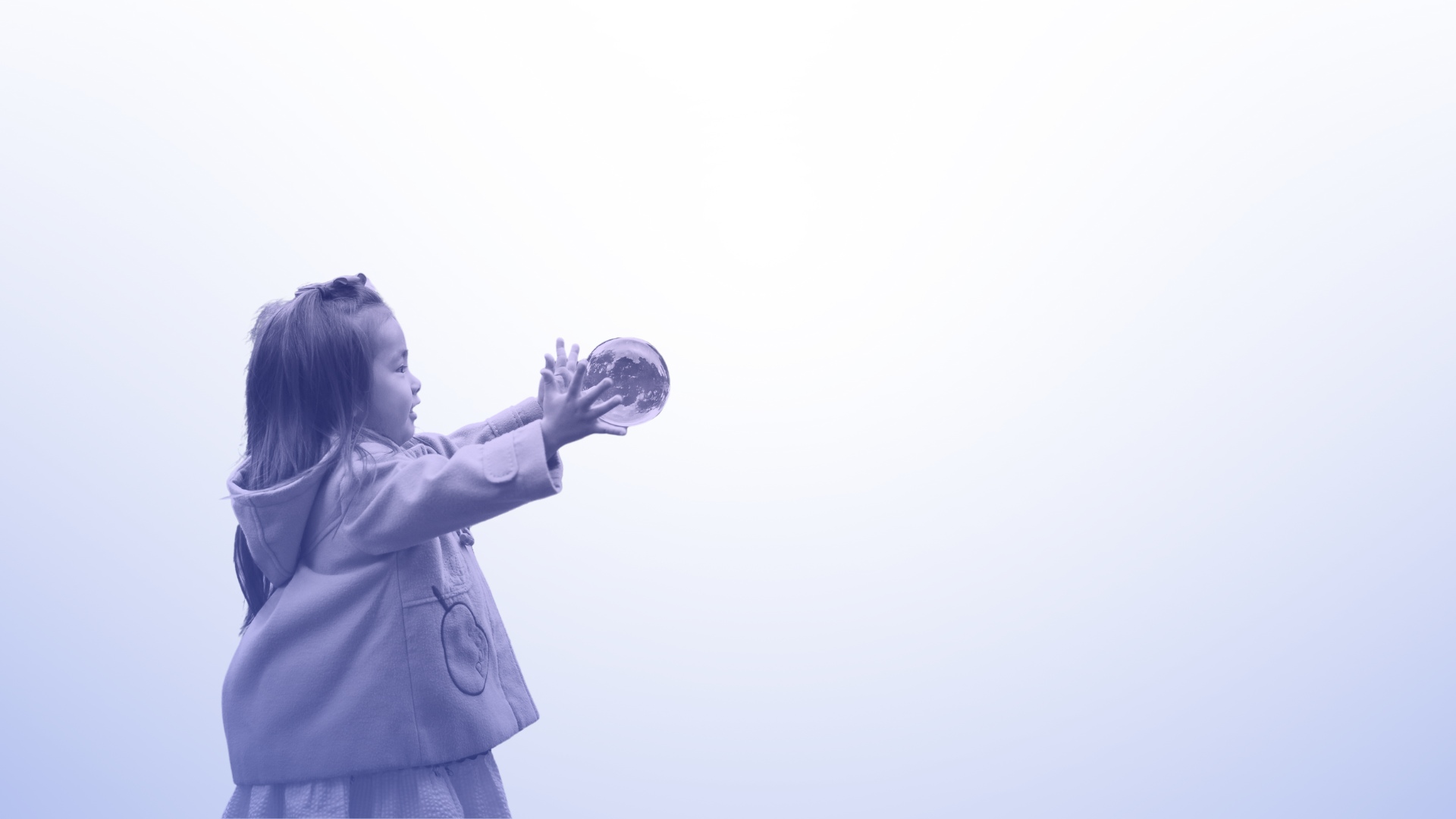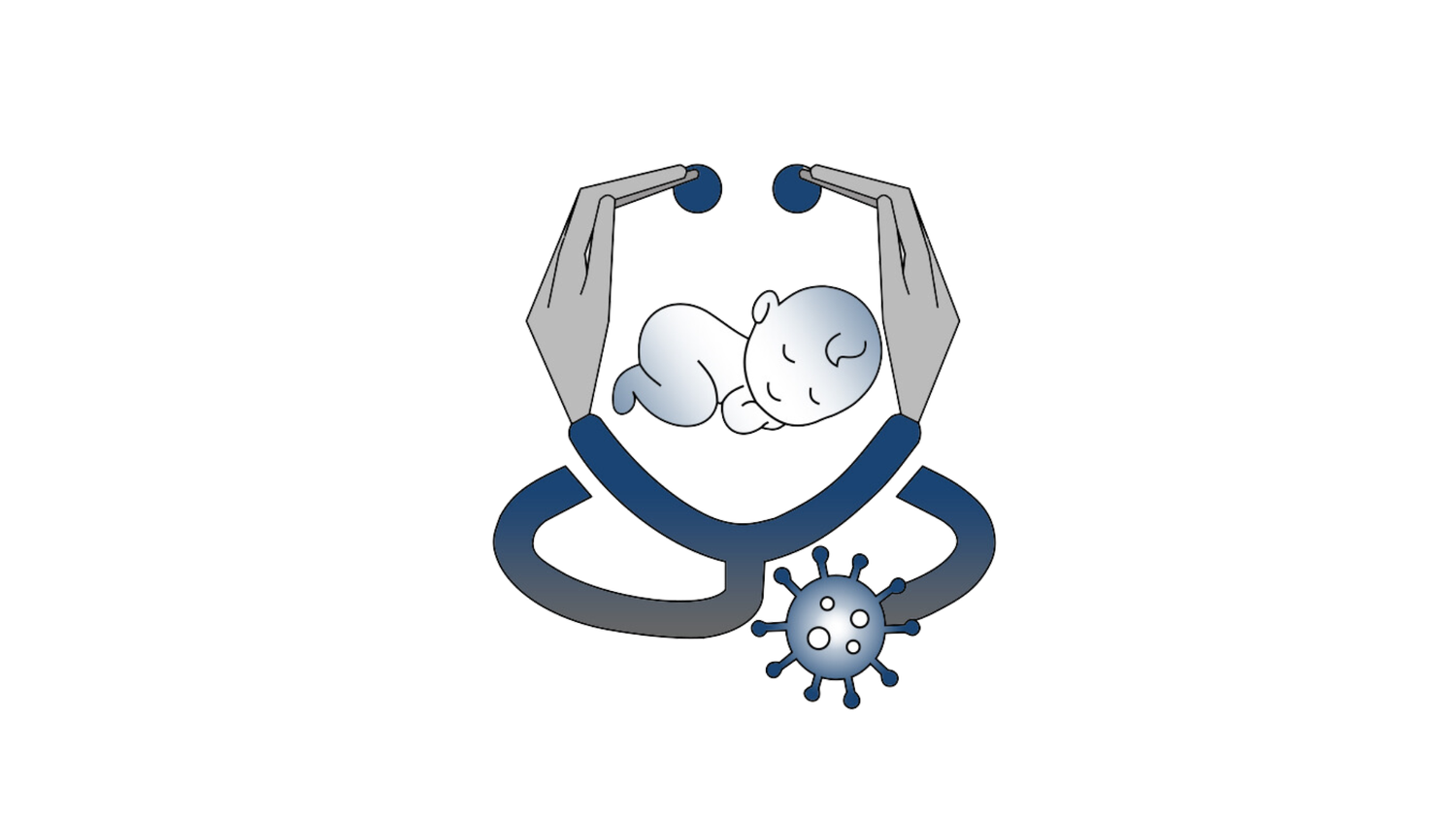

Managing illness, infection and immunity in everyday family life
In this part of the ‘Kids, Bugs and Drugs’ study, we want to gather family-centred understandings of how people manage microbes in their efforts to keep their families well in everyday life. How do people manage common colds and flu? What choices have they made about childhood vaccinations? How do people boost their kids’ and their own immunity throughout the long winter months of endless coughs and runny noses? And when, why and how do people decide to use antibiotics when their families do get sick?
Our families are the first place that we learn and understand what’s yucky, how and when to wash our hands, whether vaccines are embraced or resisted, what warrants a doctor’s visit and whether antibiotics might be needed. In the ‘Everyday family life’ study, we want to hear from parents and informal carers of children aged 0-12. We are interested to learn about everyday experiences of illness and immunity within the family. How is sickness is dealt with at home, and how does it shape social interactions with childcare centres, daycare and schools? How does illness or decisions about vaccinations shape interactions with other families, playdates and activities? How do parents take care of themselves when their kids are sick and how does this shape their own ability to work, care for their kids and get by day-to-day?
We are also interested in understanding how families’ concerns and practices of maintaining childrens’ health can change through time and how this relates to differences in age groups, family structures, employment and/or care arrangements.
Learn more about how to participate in the ‘Managing illness, infection and immunity in everyday family life’ study

Participant FAQs
-
This project involves interviews and focus groups with carers of young children, university students, early childhood educators, physicians and pharmacists to better understand how illness, infection and immunity are understood and managed, day-to-day by families and communities.
Read on below, or jump ahead to sign up here.
-
Yes, your participation is completely voluntary.
-
This study is being carried out by researchers from the Faculty of Arts and Social Sciences (FASS) at the University of Sydney as a part of an Australian Research Council (ARC) funded Discovery Early Career Research Award (DECRA).
For more information about the research team, visit ‘Our Team’.
-
If you are currently caring in some capacity for young children aged 0-12 years, you can participate in this study.
We want to speak to a broad range of parents, grandparents and others who provide in-home care for young kids.
If you know someone who might be suitable for this study, you are welcome to pass this information on.
-
If you decide to take part in this study, you will be asked to participate in an individual interview lasting 45-60 minutes that can be carried out at a time and place that is convenient for you, or remotely via zoom.
You may also choose to take part in a photography activity. This involves using your own digital device to take pictures from your daily life of things, moments and scenarios that relate to managing illness, infection and immunity in your daily life. These images and any accompanying thoughts will then be shared with the research team over a secure electronic platform such as WhatsApp.
Interviews will cover your approach to health and wellbeing, how you relate to the microbial world (i.e. how you deal with dirt, bugs and germs), your approach to parenting in relation to managing health including your thoughts about and approach to vaccination, and how you manage illness in daily life.
-
Yes, all the information you provide in the interview will be treated confidentially. Your name and any identifying characteristics will be removed from the transcribed data and will be replaced with a participant ID number.
Written consent will be gained prior to your participation. All data generated by the project will be protected- recordings and transcripts will be kept on a password protected secure server at the University of Sydney and will only be made available to project investigators. You will not be identified in any publications or presentations that result from the study.
-
Yes, you may withdraw at any point of time up until results from the study have been published. Your decision will not affect your current or future relationship with the researchers, or anyone else at the University of Sydney or beyond.
-
You may decline to answer any questions that you to not wish to answer.
-
The participation in the photography activity is optional and voluntary.
-
Participation in the study itself presents no additional risk to participants beyond those of their everyday lives.
Aside from the time-commitment of participation, we do not expect that there will be any risks or costs associated with taking part in this study.
-
Yes, each participant will receive an AUD$50 gift card as an acknowledgement of and thanks for their participation.
Although there is no intended direct benefit for participants, we believe that the results could help enhance education and heath and care service provision in the future.
-
By providing your consent, you are agreeing to us collecting the information you share in the interview and any optional photographs you take for the purposes of this study. We are planning for the study findings to be published and thus made public, but you will not be individually identifiable in these publications.
Interviews will be audio recorded and transcribed. These transcripts, and any shared photographs, will be kept on a password protected, secure server, in a de-identified form. Transcripts will be used so that the researchers have access to a detailed record of the conversations, and closely analysed for emerging themes and ideas. Transcripts will only be accessible to the core members of the research team and will not be released except with your permission, unless this is required by the law.
-
Findings from the study will be published in scholarly and general-readership destinations, They will be made accessible insofar as copyright permits through the project website- kidsbugsanddrugs.org
-
The ethical aspects of this study have been approved by the Human Research Ethics Committee (HREC) of the University of Sydney [2023/390] according to the National Statement on Ethical Conduct in Human Research (2007).
If you are concerned about the way this study is being conducted or you wish to make a complaint to someone independent from the study, please contact the university’s Human Ethics Manager- human.ethics@sydney.edu.au | +61 2 8627 8176
-
Yes! Please feel free to download the Participant Information and Consent Form here or email kidsbugsanddrugs@gmail.com to request one.

